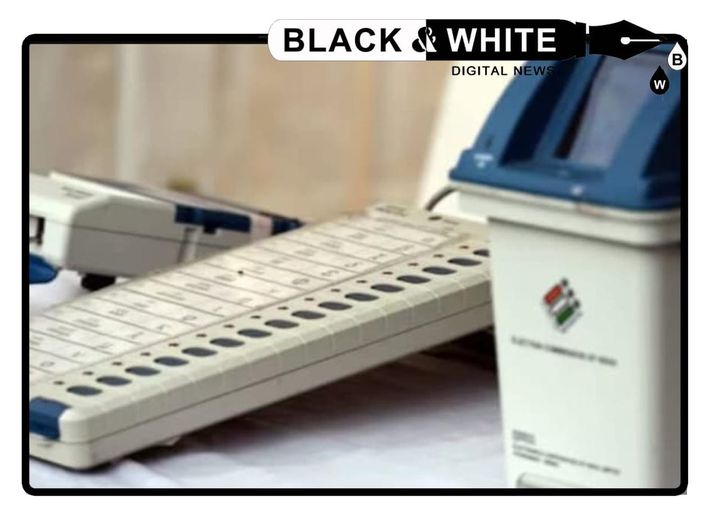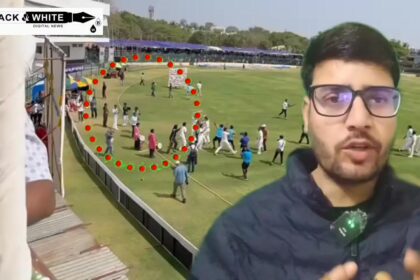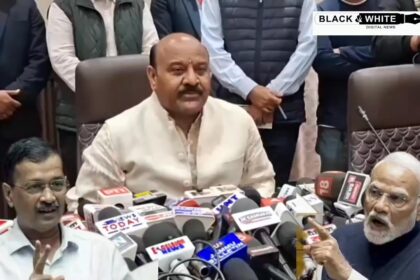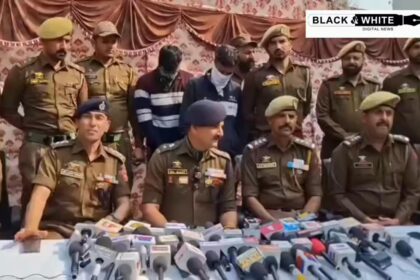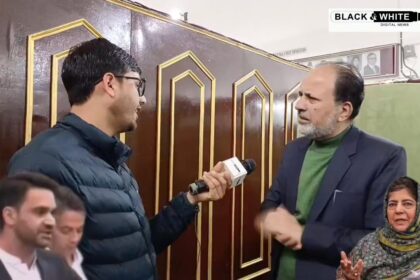April 26, 2024*
||Black and White Digital News||
In a significant ruling today, the Supreme Court of India dismissed multiple petitions urging for a 100% verification of votes cast via Electronic Voting Machines (EVMs) using Voter Verifiable Paper Audit Trail (VVPAT) slips. Justices Sanjiv Khanna and Dipankar Datta, presiding over the case, upheld the current system of random VVPAT checks and firmly rejected a return to traditional ballot papers.
The verdict marks a crucial decision in the ongoing debate surrounding the integrity and transparency of India’s electoral process.
Challenging the petitions, Justice Khanna declared during the hearing, “We rejected all pleas related to bringing ballot papers again,” reinforcing the Court’s stance against reverting to manual voting methods.
Despite the rejection of complete verification demands, the existing protocol mandates VVPAT verification in five randomly selected EVMs per Assembly segment during elections. This selective auditing process aims to ensure accuracy and maintain trust in the electoral system.
The Supreme Court’s decision to maintain the status quo on EVM-VVPAT verification reflects a balance between embracing technological advancements and addressing concerns regarding electoral transparency.
Advocates for electoral reform have expressed mixed reactions to the ruling, emphasizing the need for continuous review and improvement of voting procedures to uphold democratic principles and public confidence in elections.
The judgment is expected to have far-reaching implications for future electoral practices, underscoring the importance of robust, transparent, and efficient voting mechanisms in the world’s largest democracy.
Leave a comment
You Might Also Like
J&K team celebrates after lifting the Ranji Trophy, creating history
J&K team celebrates after lifting the Ranji Trophy, creating history
0 Min Read
Deputy CM Surinder choudhary Ne Kaha Jis Par Guzarti Hai Wo He Janta Hai Investigation Fair Honi Chahiye
Deputy CM Surinder choudhary Ne Kaha Jis Par Guzarti Hai Wo He Janta Hai Investigation Fair Honi Chahiye
0 Min Read
SP South Jammu addressing media today said Gandhi Nagar police has recovered 16 stolen bikes worth Rs 12 Lakh and arrested two accused. He said police has recovered 160 missing phones while 36 missing phones have already been handed over to their owners. SP said the total value of these phones is Rs 68 Lakhs
SP South Jammu addressing media today said Gandhi Nagar police has recovered 16 stolen bikes worth Rs 12 Lakh and…
0 Min Read
Kya PDP Future Me Come Back Kar Sakti Hai Ya Nhi Nc MLA Baramulla Javed Beig Ka Jawab Sunye
Kya PDP Future Me Come Back Kar Sakti Hai Ya Nhi Nc MLA Baramulla Javed Beig Ka Jawab Sunye
0 Min Read

